News
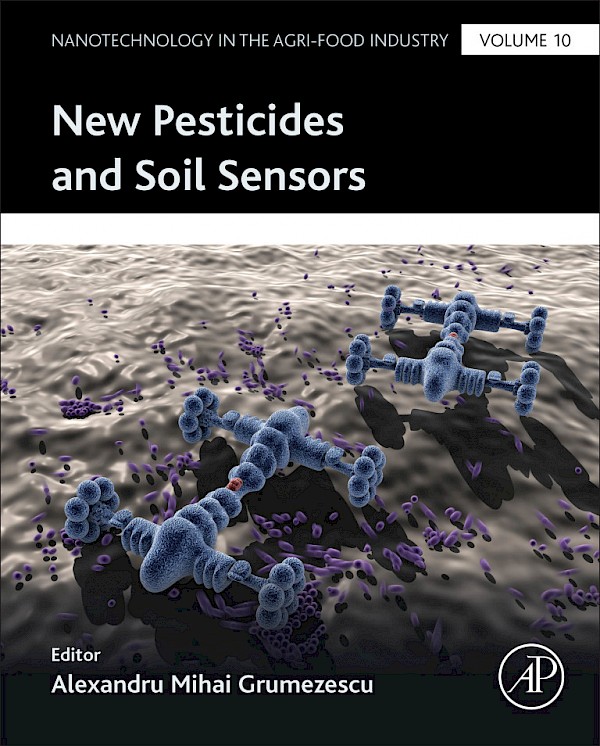
Friday, February 10, 2017
New Chapter Published in New Pesticides and Soil Sensors
18th Chapter: Surface Plasmon Resonance Based Nanosensors for Detection of Triazinic Pesticides in Agricultural Foods
Introduction: Pesticides are chemicals that control insects, weeds, fungi, and other pests that destroy crops and include a large number of com- pounds like fungicides, nematicides, insecticides, molluscicides, rodenticides, herbicides, and plant growth hormones. Pesticides are spread in the environment with the aim of controlling unde- sired living species.
…Read More
Friday, February 10, 2017
New Chapter Published in New Pesticides and Soil Sensors
18th Chapter: Surface Plasmon Resonance Based Nanosensors for Detection of Triazinic Pesticides in Agricultural Foods
Read More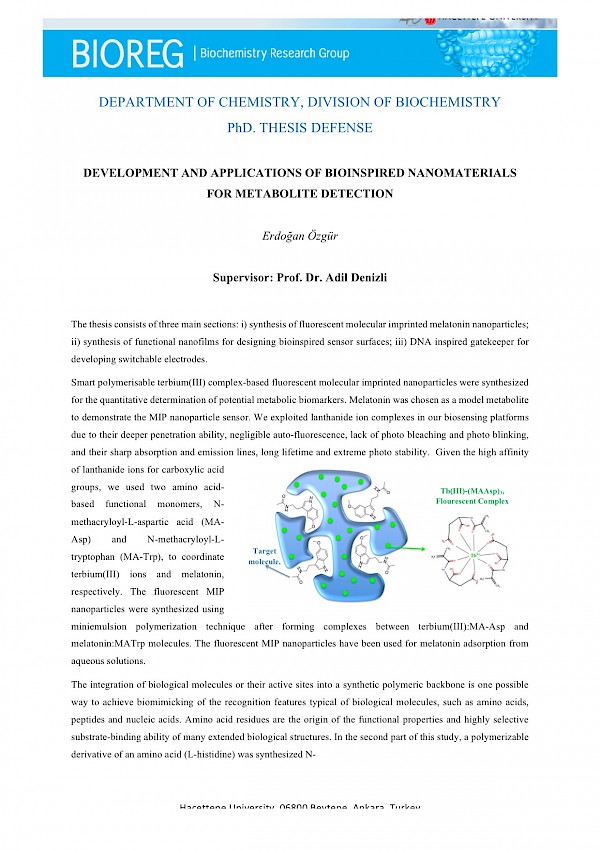
Monday, December 12, 2016
Erdoğan Özgür 16 Aralık 2016 Tarihinde Doktora Tezini Savundu
Erdoğan Özgür, "Development and Applications of Bioinspired Nanomaterials for Metabolite Detection" başlıklı tezini savunmuştur.
…
Read More
Monday, December 12, 2016
Erdoğan Özgür 16 Aralık 2016 Tarihinde Doktora Tezini Savundu
Erdoğan Özgür, "Development and Applications of Bioinspired Nanomaterials for Metabolite Detection" başlıklı tezini savunmuştur.
Read More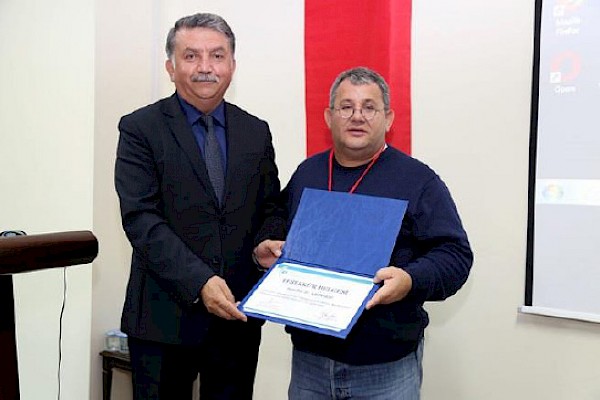
Wednesday, November 30, 2016
3. Biyomalzeme Günü ODÜ’de Yapıldı
Lisans ve lisansüstü öğrencilerine yönelik 3. Biyomalzeme Günü Ordu Üniversitesinin ev sahipliğinde gerçekleşti.
…Read More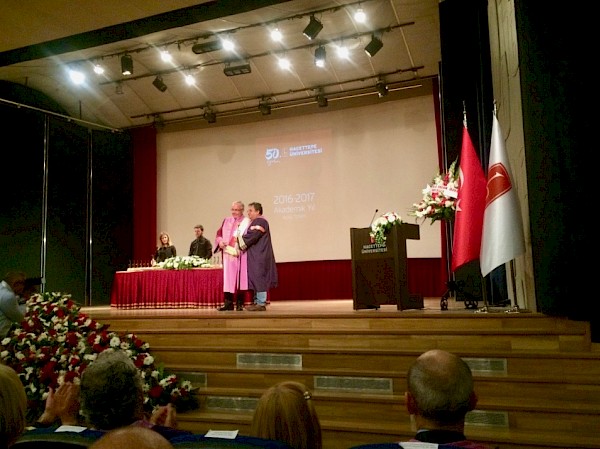
Thursday, November 24, 2016
Hacettepe Üniversitesi Bilime Katkı Ödülü
2015 yılında gerçekleştirdiği bilimsel çalışmalar nedeniyle Prof. Dr. Adil Denizli’ye Hacettepe Üniversitesi Bilime Katkı Ödülünü ile verilmiştir. Adil Denizli’ye Bilime Katkı Ödülü 11 Ekim 2016 tarihinde Hacettepe Üniversitesinin açılış töreni sonrasında Rektör Prof. Dr. Haluk Özen tarafından verilmiştir.
…Read More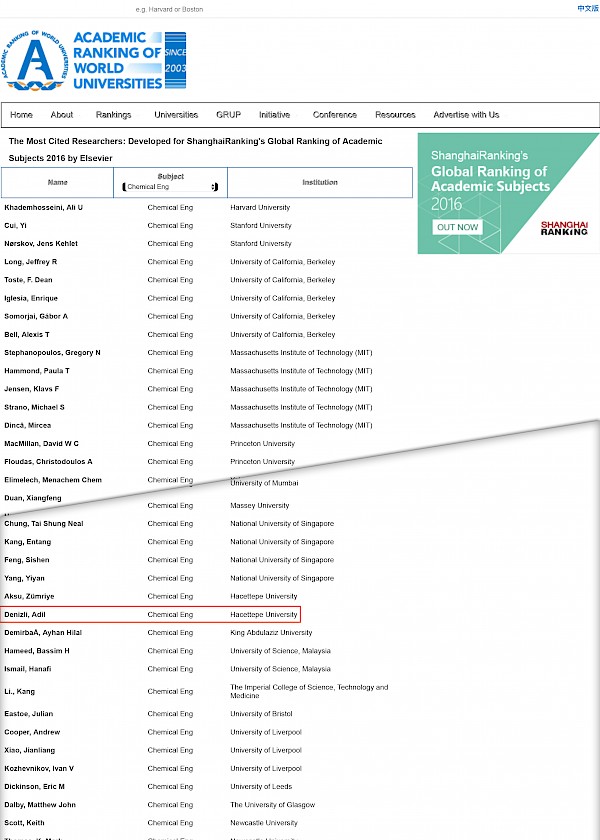
Wednesday, October 19, 2016
The Most Cited Researchers: Developed for Shanghai Ranking's Global Ranking of Academic Subjects 2016 by Elsevier
You can access the full list via Shanghai Ranking website.
…Read More
Wednesday, October 19, 2016
The Most Cited Researchers: Developed for Shanghai Ranking's Global Ranking of Academic Subjects 2016 by Elsevier
Read More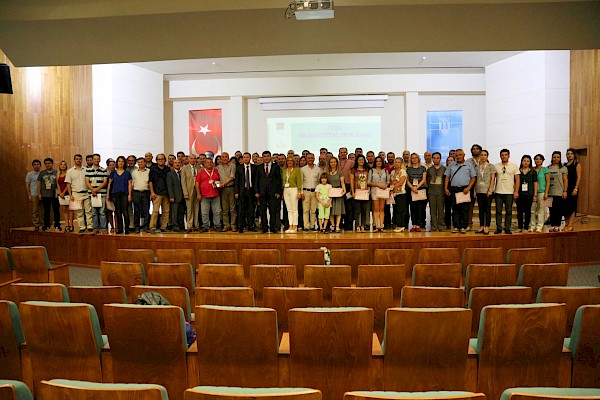
Wednesday, October 19, 2016
Muğla Sıtkı Koçman Üniversitesi’nde IV. Uygulamalı Bilim Eğitimi Kursu
TÜBA’nın Bilim Eğitimi Programı kapsamında, Milli Eğitim Bakanlığı (MEB) ile birlikte...
TÜBA’nın Bilim Eğitimi Programı kapsamında, Milli Eğitim Bakanlığı (MEB) ile birlikte düzenlediği temel bilimler öğretmenlerine yönelik hazırlanan “IV. Uygulamalı Bilim Eğitimi Kursu” Muğla Sıtkı Koçman Üniversitesi’nde (MSKÜ) 5-9 Eylül tarihleri arasında gerçekleştirildi. TÜBA Bilim Eğitimi Programı Çalışma Grubu tarafından yürütülen ve 7 ilden 130 öğretmenin katıldığı Kurs’ta uzman 45 akademisyen tarafından; fizik, kimya, biyoloji, matematik, fen bilgisi ve Türk dili edebiyatı alanlarından seçilen öğretmen gruplarına teorik ve uygulamalı eğitim verildi. Kurs’un sonunda gerçekleştirilen sınavın ardından öğretmenlere TÜBA ve MEB tarafından sertifikaları teslim edildi. Bilim Eğitimi Kursuna TÜBA Asli Üyesi ve TÜBA Bilim Eğitimi Programı Çalışma Grubu üyesi Prof. Dr. Adil Denizli, Prof. Dr. Sinan Akgöl, Doç. Dr. Nilay Bereli ve Doç. Dr. Deniz Türkmen eğitmen olarak katıldılar.
…Read More